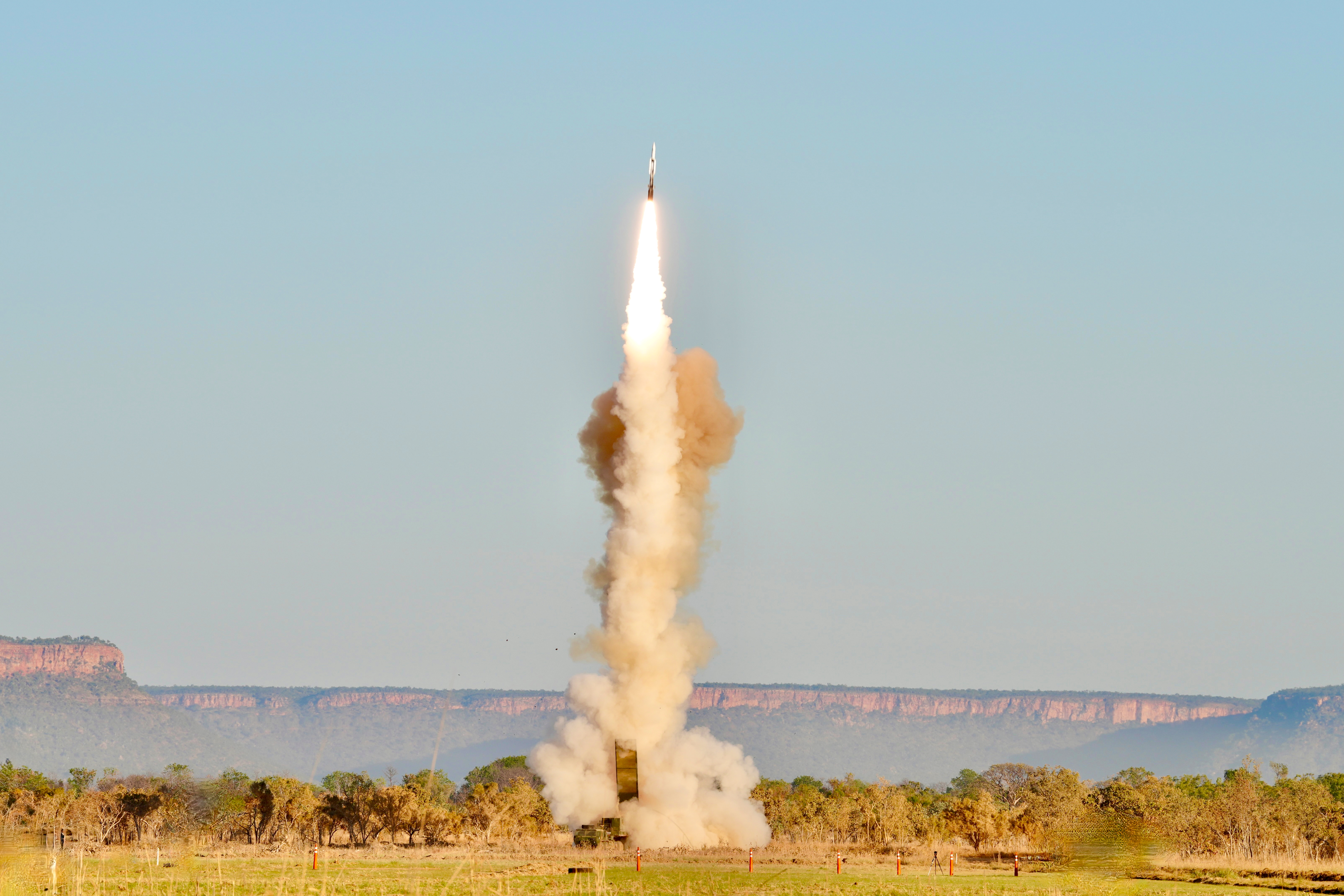In southern Ukraine, near Mykolaiv, during the first weeks of Russia’s invasion, Amina Tsoi gave birth to healthy twin girls. However, due to the stress of the war and complications from an emergency cesarean section, the babies were born six weeks premature. Babies born before full term are more likely to develop respiratory, neurological and digestive complications. Twins or other multiple births are susceptible to being born early. Many pregnant women were evacuated to other countries after Russia’s invasion began, so official statistics about maternal health in Ukraine are scarce. However, doctors in areas close to the fighting reported an increased rate of premature birth, high blood pressure during pregnancy, and a higher rate of C-sections caused by the extraordinary strain of bearing a child during a time of danger and dislocation. Shielding pregnant women from the tensions of war has become a medical priority as doctors try novel ways of distracting patients from the brutal sounds of war outside. Women who gave birth in wartime Ukraine coped with internal and external bleeding, fluctuations in weight, and the trauma of hearing “lots of explosions and shooting outside.”
‘Lots of Explosions and Shooting Outside’: Giving Birth in Wartime Ukraine













